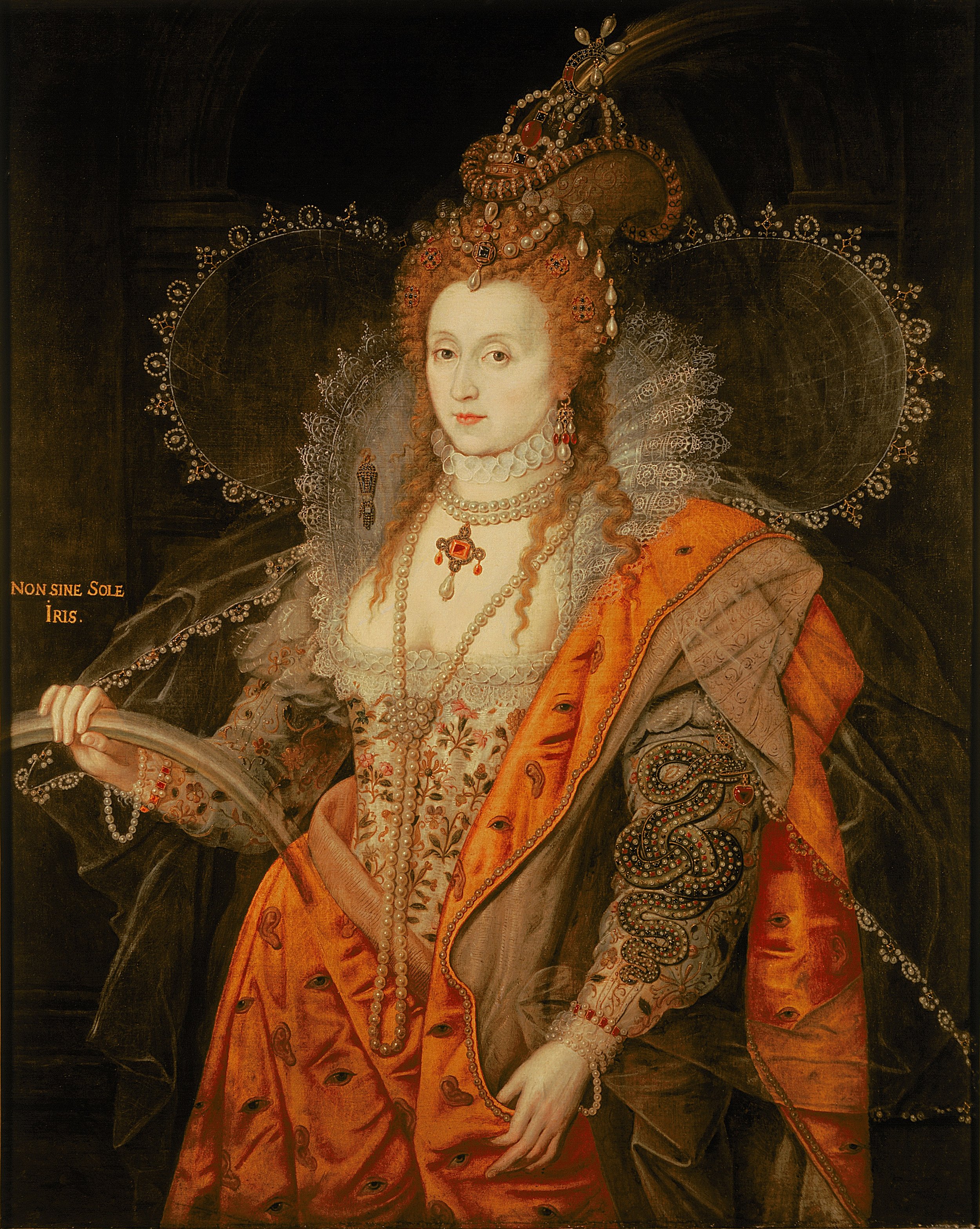When Princess Anne presented Daniel Craig with the Order of St. Michael and St. George — the same order his character, James Bond, is presented with — all I could think was that right now, we could use 007, Craig, the Princess Royal, St. Michael, St. George, Elizabeth I, Elizabeth II, Henry V and anyone else who can lend a hand to right the RMS Titanic that is otherwise known as the United Kingdom.
Read more….
Read MoreThey weren’t England’s most successful dynasty. That distinction belongs to the Plantagenets some 300 years of brilliant, beautiful, bloody backstabbers who would’ve eaten the characters on “Game of Thrones” and “House of the Dragon” alive.
But in many ways the Tudors are as fresh and modern as the Windsors in everything from Lucy Worsley’s “Secrets of the Six Wives” docudrama series to Broadway’s “Six” to Starz’s “Becoming Elizabeth.” And that, as a fabulous, beautifully sited new exhibit at The Metropolitan Museum of Art in Manhattan demonstrates, has as much to do with their ability to market themselves as it does with the history of their dynastic ambitions and complicated relationships.
Read more….
Read More“Game of Thrones” has returned, but I gave up on it after the first season. I found it sexist and misogynistic. If you’re going to show female nudity, then you have to show male nudity, as HBO did on “Rome.”
In any event, “GOT” had nothing on the Plantagenets, the Rolls-Royce of English royal families.
Read more…
Read MoreThursday, July 20 marks the anniversary of the birth of Alexander the Great in 356 B.C. in Pella, the capital of ancient Macedon, now Macedonia, a region in northern Greece.
Alexander has been an obsession of mine since childhood, when I read the legends associated with his conquests of the Persian Empire in 331 B.C. From Alexander, I learned how to navigate difficult parents and how to lead from the front – skills that would later serve me well in grappling with equally challenging bosses. Thanks to Alexander, I learned to work through pain, illness, grief. I figured if he could fight a battle with a punctured lung, I could gut life out. ...
Read more
Read MoreRecently, a trio of screen stars has taken to the London stage to portray three of Shakepeare’s greatest characters – David Tennant (“Dr. Who”), Richard II; Jude Law, Henry V; and Tom Hiddleston (“Thor”), Coriolanus. Together they offer a kind of round robin of Shakespearean performance. On PBS, Tennant was a febrile Hamlet, a role that was played with lucent rationality on Broadway by Law, whose Henry V follows hard upon Hiddleston’s charismatic interpretation in PBS’ “The Hollow Crown.”
The three also offer lessons in leadership undone at a time in our history when the systemic failure of Alexandrian leadership – leadership from the front – continues to haunt us. What, for example, would the Bard make of New Jersey Gov. Chris Chrisite? Would he cast him as his blustery Roman general Coriolanus, a man whose skills are undermined – no, doomed – by his own arrogance and blindness to the will of the people? Read more
Read More

